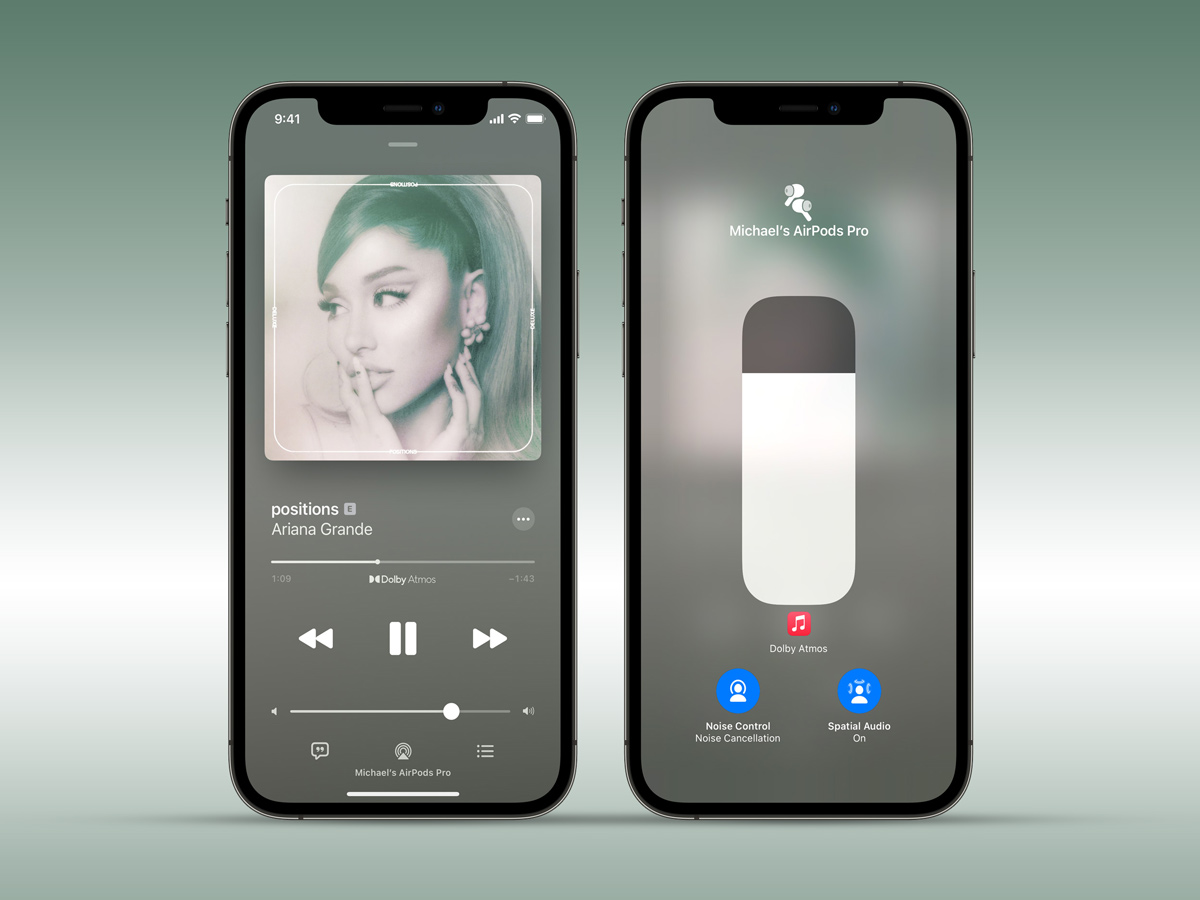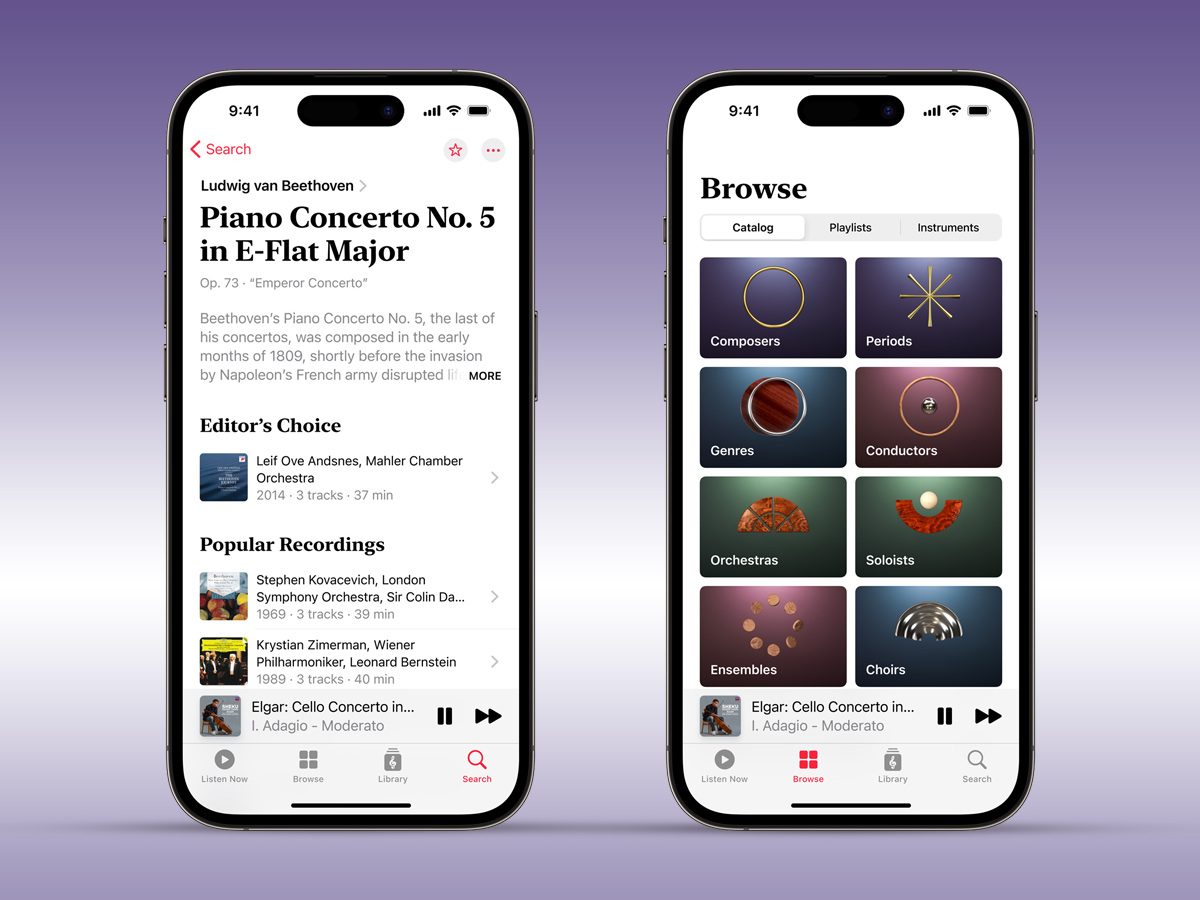Apple has cemented its commitment to India with the opening of its very first retail store, Apple BKC in the heart of Mumbai. It is such a significant moment in the history of the brand’s 25-year existence in India that none other than Apple CEO, Tim Cook opened the doors to the first customers himself! But Stuff (India) went beyond the enthusiastic swarm of fanboys to steal a few quiet moments with the man himself.
Tim Cook talks to Stuff about Apple Music
Spilling the secret sauce with the Apple CEO

Just a short walk away from the buzzing Apple BKC outlet, Tim Cook is ushered into the inner sanctum of their offices, the brand-new Apple Music room. The quietness of the space almost echoes the clarity of thought that he possesses on the relevance of music to Apple as a company and to him, personally as a music lover. Joined by talented Mali, an ‘Up Next’ artist on Apple Music who is a singer/songwriter with music that flows from pop, soul, jazz and new wave influences, we were treated to a live performance of her unreleased song!
After the riveting acoustic performance by Mali, the fact that her entire creative process happens on Apple products, only emphasises the power of their hardware and software. From using an app to tune her guitar to using Logic Pro to record and master her tracks and then distributing them independently on Apple Music as a publisher, Mali is a case study of a self-made music career.
Tim Cook, who has always been vocal about promoting local talent is clearly impressed too and reminisces his early days when he was part of a marching band, playing the Trombone. Having grown up near New Orleans, he harboured aspirations to play in a Jazz band and make music that was joyous. But it is Classic Rock that he still enjoys to this day, every day. “I found that music is one of those things that moves all of us and it can break down the walls between people. In a world that is all too divisive, too many times, there’s nothing like a concert or an artist’s performance to bring people together.”
Undoubtedly, the biggest impact that Apple Music has made in recent years has been the introduction of Spatial Audio and Hi-Resolution Lossless for no additional cost to Apple Music subscribers. It has forced artists and engineers to make a paradigm shift in their creative and technical processes but eventually, opening up a whole new dimension to music listening, whether on the move or at home.

“We felt that music should be like the artist intended and we are very focused on the artist. So the idea that you could hear music in a very different kind of way was something that we really wanted to conquer. Music… it felt all too often, there wasn’t a lot of innovation in there for a while. Music had gone from stages of the cassette to CD-ROM to everybody ripping music and then streaming music and so forth. But those were all delivery mechanisms. There hadn’t been really any innovation in sound itself, for all of us, in a democratised way. Pretty soon Spatial Audio will be like how colour TV was when it supplanted B&W TV. People will wonder how they ever lived without it and that will be a great day”.
The landscape has changed dramatically since the advent of the original Apple iPod and subsequently with increasing storage capacities making way for higher quality recordings and now with Spatial Audio. But did Apple ever think that the iPod and subsequently, the music aspect of it would become such an integral part of the brand?
“Apple got its start focusing on two groups of people - education and creatives. And the creatives, there were a number of different kinds, like musicians and creative graphics and then we started focusing on movies as well and even photographers and so forth. We had the musicians sort of deep in our DNA from the very start with the Mac and then you saw a different expression of it with the iPod.”
The ecosystem of Apple Music related products has become envious in recent years with the introduction of the free Hi-Res and Spatial Audio tier along with experiences that can be unlocked fully by their own devices such as the AirPod and HomePod line of audio products. The ability to select the kind of streaming quality vis-a-vis download quality is another nifty trick that serves everyone from casual listeners to diehard audiophiles effectively. Tim continues with how Apple was driven to make a monumental change in the creation and dissemination of music…
“We then democratised the download process so people could legally pay for music, pay the artist and get the songs that they wanted and that took it to a whole different level. It introduced so many people to Apple and later we began to invest significantly in Logic Pro because we wanted to really focus on the creative process of music even more. Garage Band is another great place to start for younger musicians. I went to a school this morning and part of what they use is Garage Band in the creation process. We make tools for people to be able to express themselves creatively. So whether it’s the Notes app or Voice Memo or Logic or Garage Band…all of these things are in the service of the creator. The musician in this case. And then Apple Music provides a platform where you can not only drop your music in your local country but also drop it globally. It’s a phenomenal thing because you used to have to negotiate geography by geography and now all of a sudden, your creation is global! All of this is in pursuit of helping the artist and as I said, we have an enormous focus on the artist. It has served Apple well and the artist community really well.”

Amongst the newest services within the Apple Music ecosystem is the introduction of Apple Music Classical, a standalone app that simplifies and organises the plethora of recordings and versions available of a particular period piece of music.
“The big unlock for us what realising that you can never combine music and classical music in one service if you will, that you needed a separate app. I think classical is one of those things that there are many more classical fans out there than they know of! It’s just that they don’t have access to it so in a way, the Apple Music Classical app will democratise access to classical and so it will be bigger than the people that self-identify as classical fans.”
After chalking out 30 minutes from his whirlwind Indian tour that included inaugurating Apple’s first-ever retail outlets to mingling with Bollywood glitterati and managing ministerial relations, Tim Cook proved that he’s as focused and precise in his interaction as Apple products are in their user experience! It’s now time for him to whip up new products that will signal the future of Apple at WWDC 23.
.jpg&w=35&h=35&q=70&c=1)